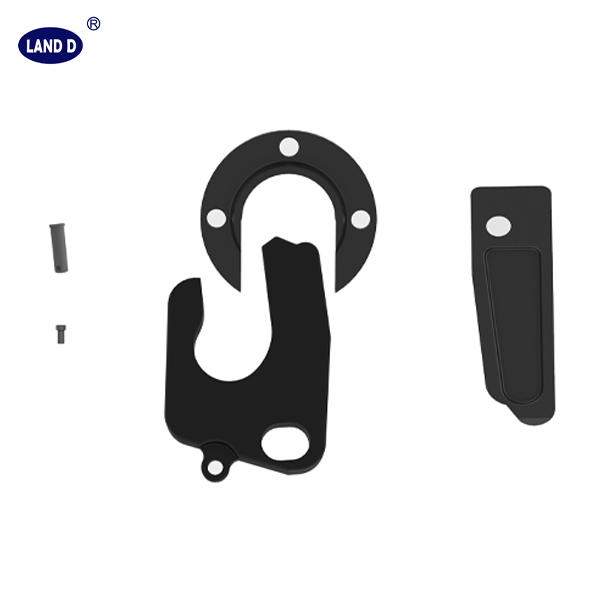
- afrikanisch
- albanisch
- Amharisch
- Arabisch
- Armenisch
- Aserbaidschanisch
- baskisch
- Belarussisch
- Bengali
- bosnisch
- bulgarisch
- katalanisch
- Cebuano
- China
- China (Taiwan)
- Korsisch
- kroatisch
- Tschechisch
- dänisch
- Niederländisch
- Englisch
- Esperanto
- estnisch
- finnisch
- Französisch
- Friesisch
- galizisch
- georgisch
- Deutsch
- griechisch
- Gujarati
- Haitianisches Kreol
- Hausa
- hawaiisch
- hebräisch
- Nein
- Miao
- ungarisch
- isländisch
- igbo
- Indonesisch
- irisch
- Italienisch
- japanisch
- Javanisch
- Kannada
- kasachisch
- Khmer
- Ruandisch
- Koreanisch
- kurdisch
- Kirgisisch
- Arbeit
- Latein
- lettisch
- litauisch
- Luxemburgisch
- mazedonisch
- Madagassisch
- malaiisch
- Lettisch
- maltesisch
- Maori
- Marathi
- mongolisch
- Myanmar
- Nepalesisch
- norwegisch
- norwegisch
- Okzitanisch
- Paschtu
- persisch
- Polieren
- Portugiesisch
- Punjabi
- rumänisch
- Russisch
- Samoaner
- schottisch Gälisch
- serbisch
- Englisch
- Shona
- Sindhi
- Singhalesisch
- slowakisch
- Slowenisch
- somali
- Spanisch
- Sundanesisch
- Suaheli
- Schwedisch
- Tagalog
- Tadschikisch
- Tamilisch
- Tatarisch
- Telugu
- Thailändisch
- Türkisch
- Turkmenisch
- ukrainisch
- Urdu
- Uigur
- Usbekisch
- Vietnamesisch
- Walisisch
- Helfen
- Jiddisch
- Yoruba
25. April 2024, 14:17 Uhr Zurück zur Liste
Warum die ordnungsgemäße Wartung von Sattelkupplungen wichtig ist Sattelkupplung

Runaway trailer hits minivan.” That’s what the headline screamed. While the details of why the trailer separated from the tractor in upstate New York have yet to be sorted out, the events underscore the important role the fünftes Rad spielt bei der LKW-Sicherheit.
Like any safety-related component, the fifth wheel needs to be in good operating condition to do its job properly. “It’s important to maintain the fifth wheel because it is the sole component that connects the tractor to the trailer,” says Rob Nissen, director of field sales for SAF-Holland.
Hersteller von Sattelkupplungen empfehlen, alle drei Monate oder 30.000 Meilen eine Wartung der Sattelkupplung durchzuführen.
“You need to lubricate it through all four seasons,” says Charles Rosato, field service manager for Fontaine Fifth Wheel. “That also gives you four chances to inspect it each year.” If you choose not to do that, you should at least clean the locking mechanism every six months or 60,000 miles.
However, lubrication is not the only maintenance needed on a fifth wheel. According to Mike Jones, senior account manager at Jost, it’s important to inspect the fifth wheel for damage.
“Before you can do that, you need to degrease it with a degreasing compound or steam cleaning device,” he says.
Auf der Sattelkupplung kann sich Fett ansammeln, das Schmutz und Ablagerungen anzieht. Wenn Sie die Sattelkupplung vor der Inspektion entfetten, können Sie mögliche Schäden leichter erkennen.
“Get the old grease off and look for any cracks, broken welds, and damaged or missing components,” Rosato says. “You really won’t be able to see those things unless you get the grease off.”
Es ist außerdem sehr wichtig, sicherzustellen, dass alle Fettablagerungen in und um die Schlossbacken, den Hals und die Drehpunkte entfernt werden. Dies sei besonders wichtig vor dem Wintereinbruch, sagt Rosato.
“People keep adding grease [throughout the year] and you might be able to get away with that in the summertime,” he says. “But in the winter the old grease, which has picked up a lot of road grime and contaminants, can freeze. You could end up with a grapefruit-size piece of frozen grease inside your fifth wheel, and that will keep the lock from operating properly.”
His recommendation is to thoroughly degrease the fifth wheel and then regrease the mechanism with a thin coat of 90-weight gear oil. Jones says it’s important to use a lithium EP (extreme pressure) grease on the plate if you want to ensure the fifth wheel operates smoothly.
Just as important as winter fifth wheel service is servicing it in the spring. “The lube get washed off or worn away because of winter conditions,” Nissen says. “In addition, the sodium chloride and magnesium chloride that states are putting on the roads are brutal not just on fifth wheels but on other components as well.” According to Nissen, those deicing chemicals can dry out the fifth wheel and cause rust to form. “When things get rusty and corroded, everything starts moving slower and that is a problem because the coupling and uncoupling of the fifth wheel depends on timing. Things need to be free and loose so the [tractor and trailer] can snap into place.”
A maintenance manual from SAF-Holland sums up the importance of fifth wheel maintenance. “Failure to properly maintain your fifth wheel could result in tractor-trailer separation which, if not avoided, could result in death or serious injury.”
Nissen says, “To me it is worth an hour of your time to clean the fifth wheel, look at it, check the adjustment, and relubricate it before putting it back on the street, because one failure can be catastrophic.”
-
jost-fifth-wheel-weight-capacity-explained
NachrichtAug.23,2025
-
preventing-rust-on-fifth-wheel-plates-for-semi-trucks
NachrichtAug.23,2025
-
light-weight-fifth-wheel-tire-care-guide
NachrichtAug.23,2025
-
why-off-road-trailers-need-a-heavy-duty-fifth-wheel
NachrichtAug.23,2025
-
step-by-step-guide-to-lubricating-holland-5th-wheel-parts
NachrichtAug.23,2025
-
how-jost-fifth-wheels-enhance-trailer-stability
NachrichtAug.23,2025
